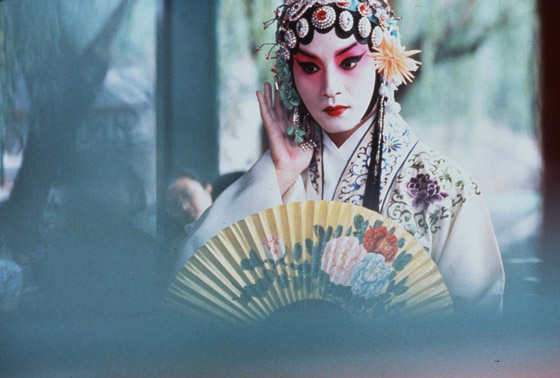A Century of Chinese Cinema. It’s a daunting title for a cultural project, and one appropriately subject to skepticism. The doubts begin with the first ‘C’, for ‘Century’. Not only are there several possible dates to use as a starting point for any centenary (especially a milestone like this), but much of the early history of Chinese cinema is utterly lost to us, even more so than that of other cinemas. Yet even though hundreds of the earliest Chinese films were swallowed up in the social and political chaos that engulfed China in the first decades of the 20th century. Those invaluable films that remain give evidence that Chinese cinema could provide not only a much-needed escape for the country’s beleaguered citizenry, but a tentative vision of a new society freed of both stultifying tradition and anarchic terror.

Now to the second questionable ‘C’: ‘Chinese’. Due to conflicts of various kinds, filmmaking in east Asia has been multipolar in the extreme. Producing numerous significant production centres that defy the film-historical myth of a unified ‘national cinema’ focused on a single location. For this reason, critics and scholars have tended to isolate major centres of Chinese filmmaking – namely the mainland, Hong Kong and Taiwan – and champion these as distinct national cinemas.
While there is a great degree of logic to this approach, it is difficult to deny that the films made in these different places share much common ground, culturally, aesthetically, and philosophically. Furthermore, recent scholarship has done much to reveal the remarkably fluid movement of Chinese filmmakers between these three regions, from cinema’s very beginnings to the present day.
It is this rich, complex and continuing inter-/intra-cinematic dialogue between these three regions – changing, evolving, rupturing and reforming over the course of a century – that this four-month programme explores.


